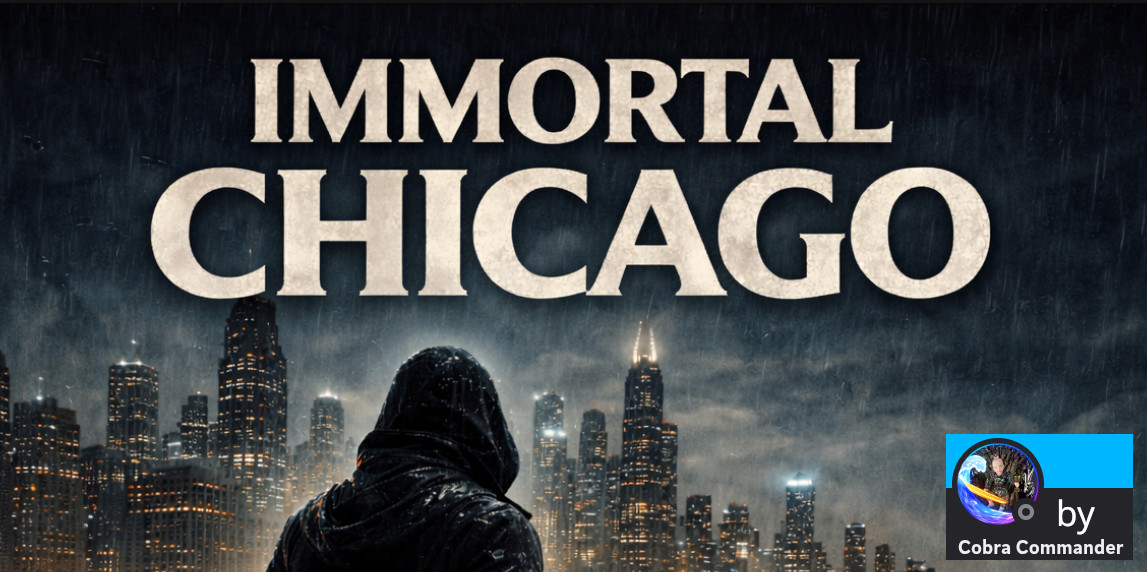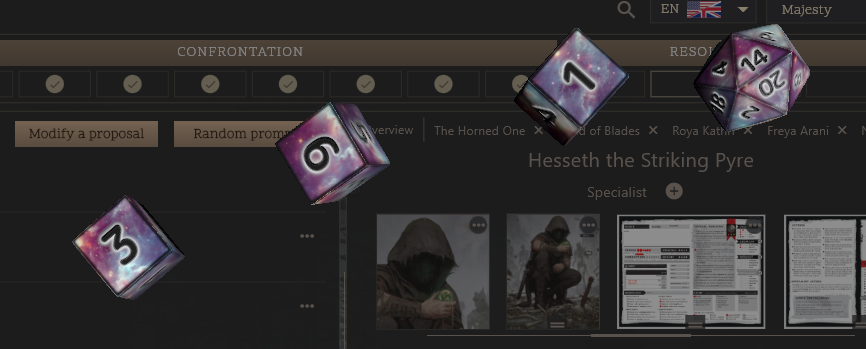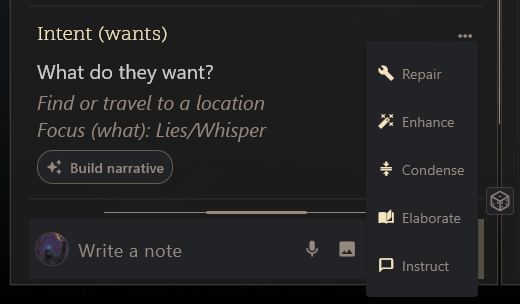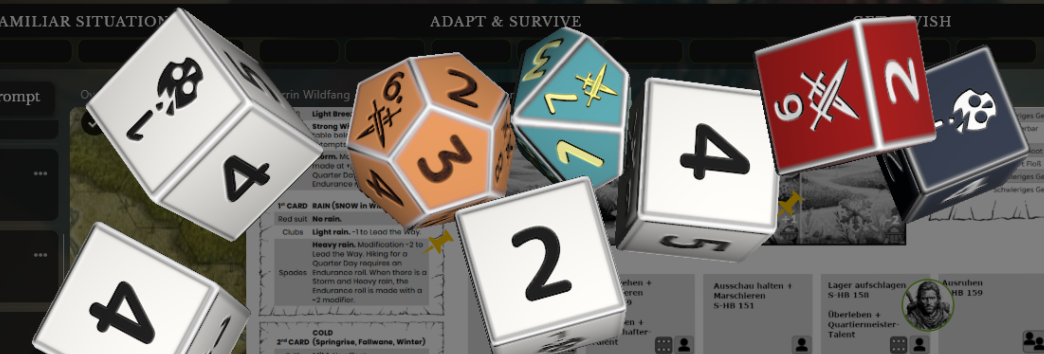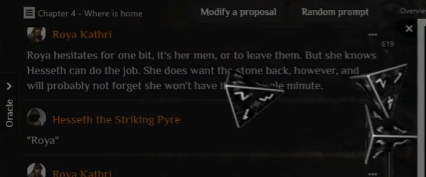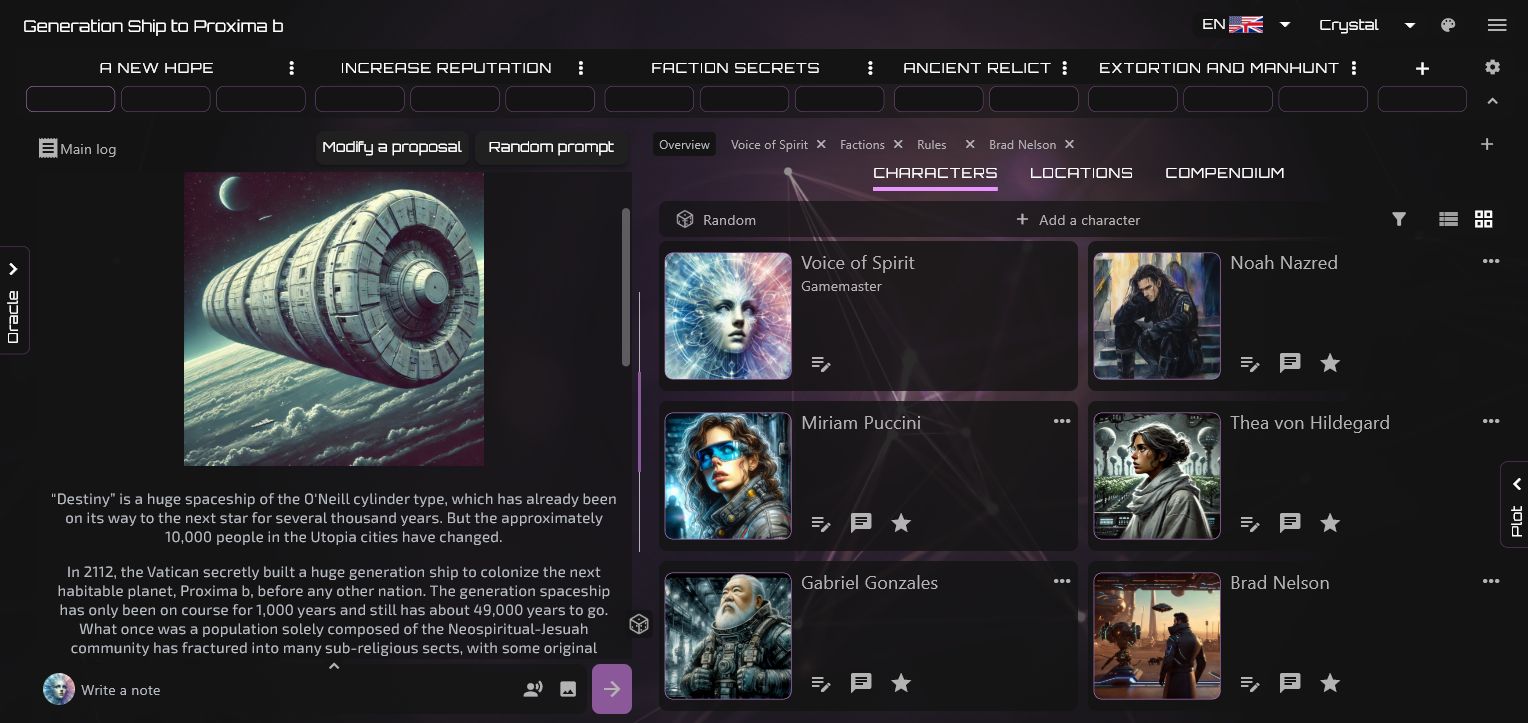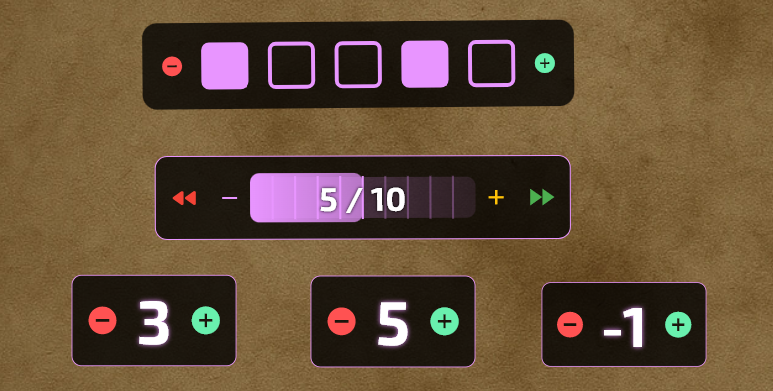Character Motivation Guidelines (inspired by LemFliggity)

I came across this thread on Reddit, written by LemFliggity, where they posted a guideline for designing and placing character motivations for role-playing games. I cannot stress enough the value of motivations in games. So I immediately wanted to expand on this. In this article, I am mostly going to reformat the user’s post in a way that is pragmatically usable in our games. Here I will be assuming you already know why having good character motivation is important, so that won’t be covered here.
First, a bit of theory and concepts, perfectly explained by LemFliggity, to help us achieve better motivations. After the following table, you’ll find how to use these guidelines for a game, and how to use oracles to randomly generate character motivations.
Designing Motivations
| Guideline | Definition | Example |
|---|---|---|
| Motivations are not goals | It’s easy to treat motivations and goals as the same thing, since both center on the wants and needs of your character. The difference is that motivations are the underlying why of the goals being pursued. | |
| Let’s get personal | The most interesting goals are going to be personal. | “I want to stop the cult from summoning Orcus” is way less interesting than “I want to stop my dad from summoning Orcus.” |
| Locus of Control | The conceptual difference comes from the idea of “locus of control” in psychology. It’s the degree to which a person thinks that they are in control of what happens in their life. – Internal locus: believes that they are responsible for their circumstances – External locus: believes that outside forces are to blame | |
| Active Goals | An active goal is the background vow, it’s a goal characters already have, and it can originate from an external or internal source. – External sources: would be other people, events, organizations, forces, etc. – Internal sources are your character’s own thoughts and feelings. | |
| Conflicting Goals | Why have one goal, when you can have two? That’s way more fun. The initial goal is what your character was working toward before some unexpected event threw a new goal in their lap – ideally leading to an adventure. It can be helpful to think of these as Internal and External goals (they need not be, but for now let’s stick to that pattern). – Internal Goal: From within; initial, expected, planned – External Goal: From outside; new, disruptive, conflicting | |
| The Trolley Problem | To be maximally interesting, the external goal shouldn’t just disrupt the planned internal goal, it should oppose it. In other words, your character can fulfill one or the other, but not both. | You should set out immediately to rescue your bratty little brother from the goblins, but tomorrow is finals, and if you miss it, you’ll be expelled from the college of wizards, and only credentialed wizards can legally perform magic in your world. |
| Motivated by Base Needs | Both goals should be informed by a base need your character is trying to satisfy. This is the underlying why of the goal. Abraham Maslow recognized 5 basic needs: – biology – safety – affiliation – esteem – self-actualization. – [transcendence (beyond self)] If the goal is really strong, you’ll be able to connect it to all 5 needs. | Graduating from college could be motivated by a desire for affiliation, esteem, and self-actualization. Saving your little brother could be driven by a need for biology, safety, and affiliation. |
| Flaws and Virtues | For extra flavor, tie a flaw and a virtue into the goal. What quality does your character possess that will help them to achieve their goal? What flaw will stand in the way? | You’ve always had a rebellious streak, which has gotten you in trouble in college, and may screw up your plans for negotiations with the goblins. However, you also are uncommonly persuasive, which may work to your advantage in both situations. |
| Urgency and Stakes | Last but not least, make sure that there is some sense of urgency and something at stake. What will be lost if you don’t succeed in a timely manner? You don’t need to wind the clock so tightly that you make it impossible to attain the goal in time, but also don’t leave it so unwound that it loses steam. | On the one hand, your brother will die, your parents will be devastated, your reputation will be ruined. On the other hand, you will be expelled, your family will be impoverished repaying the fees the college waived on condition of your graduating, and you will not be able to help countless people as a wizard for decades to come. |
| Too Long, didn’t Roleplay | For maximum impact, you want a personal external goal that comes out of nowhere like a runaway trolley, derailing your pre-established personal internal goal. You are motivated to tackle both, but you have to make a choice; you can’t have your lembas bread and eat it too. The stakes are high, there is urgency in both cases, and something important must be sacrificed no matter which way you go. You will have to reach within yourself to harness your best qualities, and wrestle with your worst if you hope to achieve either goal. | And oh boy is your dad going to be pissed when you screw up his sacrifice to Orcus and get expelled from college all in the same week! |
Motivation Generator (Getting into game)
The most fundamental baseline is that we need two conflicting goals. So roll each row twice! All of them require a 1d6. At the end, you should have a pair of Motivations. Interpretation works better after having both, so you can already think how to connect them!
| Component | Roll |
|---|---|
| Control Locus | 1-3: Internal (blame themselves or from within) 4-6: External (blame others or is out there) |
| Goal Type | 1-3: Active Goal (sits on the background) 4-6: Conflicting Goal (promotes action) |
| Goal Descriptors | Action oracle of your choice! (Mythic, Ironsworn, UNE, GMA, etc) |
| Motivation | 1: Biological 2: Safety/Security 3: Affiliation/Belonging 4: Esteem/Recognition 5: Self-Actualization 6: Transcendence |
| Interpret! | Put it all together. Think of how these two motivations conflict with each other. Add Urgency and Stakes. Remember Flaws and Virtues, not everyone is perfect. Use oracles! All yours 🙂 |
The example!
Let’s put it all together:
Active Goal: Travel to a place
Locus: External
Motivation: Safety
Conflicting Goal: Advance status
Locus: Internal
Motivation: Esteem
Our character’s Active Goal is to Travel to a Place because of the need for Safety. It is an external goal, which means it was given to them, it didn’t arise on its own. Maybe they have been sent ahead of a group traveling through hostile territory, scouting to ensure that the road and destination are safe for the others.
Along the journey, a Conflicting Goal arises, which is to Advance Status. This is an internal goal, meaning it comes from within, and is based on a desire for Esteem/Recognition. Maybe from others, or maybe our character lacks self-esteem and is seeking an opportunity to prove something to themselves. The important thing is that this unexpected event conflicts with the active goal, but does not prevent it. Your character isn’t forced to follow the conflicting goal. They must choose it or not choose it.
Why are the goals in conflict? Nothing springs immediately to mind, so let’s roll on Ironsworn’s Action & Theme oracles and see what we get.
[Refresh/Grief]
Ok… Maybe while traveling, our character catches a fleeting glimpse of someone important who was lost to them at this very spot in the past. But weren’t they killed? [Ask the Oracle 50/50: No.] (Maybe now we do a quick flashback to fill in that blank.) Returning to the present, our character thinks that this could be one more chance to rescue this lost person and prove to themselves and others that they are not a failure. They have to make a choice now: leave the road and go after what could be just a grief-inspired ghost, or slap some sense into themselves and press on to the destination.
During character creation, you might have rolled for flaws and virtues. Let’s roll twice on the Ironsworn Descriptor oracle and see what we get.
[Hot-tempered/Bold]
Think about how these two traits will help and hinder each goal. We want to start thinking about the stakes. What will go wrong if our character fails at either? What could go right? Our character’s boldness may give them an advantage in locating this lost someone before it’s too late, or it may help them to arrive at the destination just in time to stop the formation of a threat that would have decimated their group. But their hot temper may lead them to act irrationally on whatever they find chasing after their grief, or it may cause them to become angry at being given this task in the first place and angry at themselves for choosing the safety of the group, and they’ll miss a vital clue that they are walking straight into an ambush.
At every point in the process, we need to be thinking about the Urgency and Stakes, because these aspects give us that awesome “What will happen next??” sensation that’s one of the best feelings in gaming.
Hopefully this is a half-decent example, thrown together on the fly.
Credits
If it was not mentioned enough, this hole article is inspired on LemFliggity. I have mostly reformatted in pretty tables format 🙂
Hope you liked it! JV
